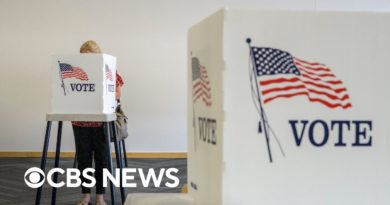U.S. Employers Keep Hiring, but Signs of Easing Are Seen
Leisure and hospitality added 105,000 jobs, putting the industry 2.4 percent below its level three years ago. Construction, which has grown steadily even as the housing market entered a deep freeze, also continued to add jobs, as did health care, retail, and professional and business services.
Other sectors, however, have clearly lost momentum. The information industry, which includes many large technology companies, subtracted 25,000 jobs as layoffs hit in Silicon Valley. Goods-related industries were flat to negative, as retailers have burned through their bloated inventories, reducing the need for new orders and for truck drivers to move things around. Manufacturers shed jobs for the first time since April 2021.
At any other time, raising the key bank lending rate from zero to an average of 4.5 percent in less than a year might have prompted widespread layoffs, as capital becomes more expensive and business expansions suddenly no longer pencil out. But the reopening from pandemic lockdowns, combined with workers’ reluctance or inability to seek jobs, made employers extremely reluctant to cut payroll even when business dipped.
That has allowed overall employment to expand even as hiring has slowed considerably.
“Something we all missed in the last cycle is we never know if companies have excess workers,” said Susan Sterne, principal at the consumer-focused consulting firm Economic Analysis Associates. “If you tell everyone there’s a shortage of labor, you probably keep workers longer than you would otherwise. So that becomes a very significant question mark.”
That’s an everyday reality for Vimal Patel, who owns a portfolio of hotels in southern Louisiana, where his main clientele is oil and gas crews. He has struggled to operate at full capacity because of high turnover, even after raising wages to a range of $13 to $15 an hour for housekeepers, and higher for the front desk staff. To maintain a full roster, he keeps recruiting even when positions aren’t open and has engaged a staffing company to fill in gaps.
“That’s how we’re mitigating right now, because we’ve got to have staffing,” Mr. Patel said. “That practice has eroded most of the profits, and we are barely breaking even.”




